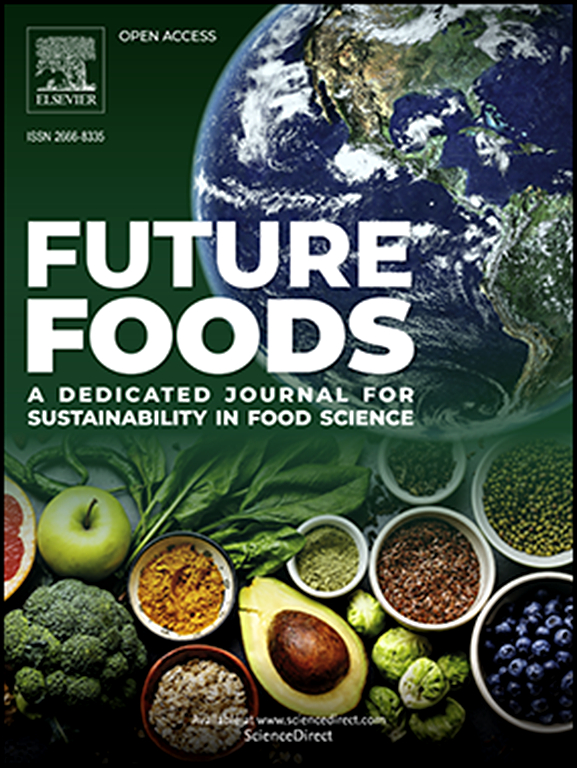Exploring aneuploidies in two-center isolated bovine embryonic stem cell lines: Implications for cultured meat production
IF 7.2
Q1 FOOD SCIENCE & TECHNOLOGY
引用次数: 0
Abstract
As the global population continues to grow, the demand for sustainable food production methods becomes increasingly critical. This study investigates the presence of chromosomal abnormalities in bovine embryonic stem cells (bESCs), which hold potential for innovative food sources such as cultured meat. We derived three bESC lines from day-eight post-insemination blastocysts using a whole blastocyst plating approach. These cells maintained core pluripotency markers (POU5F1, SOX2, SALL4, NANOG) and demonstrated the ability to differentiate into the three germ layers, indicating their potential for sustainable food applications. Through shallow whole-genome sequencing, we identified various chromosomal anomalies, including mono-, tri-, and tetrasomies, with specific gains in chromosomes 7, 12, 27, and 29, and losses in chromosome 9. Notably, these aneuploidies progressively accumulated over time, raising concerns about genomic stability in long-term cultures. The implications of these genomic variants are significant for the development of cultured meat, as they may affect the efficiency and safety of production processes. This research underscores the necessity for systematic monitoring and optimizing culture conditions to mitigate genomic instabilities, ensuring the safe application of bESCs in sustainable food systems. Our findings pave the way for future innovations in clean food processing and utilising new food ingredients.

求助全文
约1分钟内获得全文
求助全文
来源期刊

Future Foods
Agricultural and Biological Sciences-Food Science
CiteScore
8.60
自引率
0.00%
发文量
97
审稿时长
15 weeks
期刊介绍:
Future Foods is a specialized journal that is dedicated to tackling the challenges posed by climate change and the need for sustainability in the realm of food production. The journal recognizes the imperative to transform current food manufacturing and consumption practices to meet the dietary needs of a burgeoning global population while simultaneously curbing environmental degradation.
The mission of Future Foods is to disseminate research that aligns with the goal of fostering the development of innovative technologies and alternative food sources to establish more sustainable food systems. The journal is committed to publishing high-quality, peer-reviewed articles that contribute to the advancement of sustainable food practices.
Abstracting and indexing:
Scopus
Directory of Open Access Journals (DOAJ)
Emerging Sources Citation Index (ESCI)
SCImago Journal Rank (SJR)
SNIP
 求助内容:
求助内容: 应助结果提醒方式:
应助结果提醒方式:


